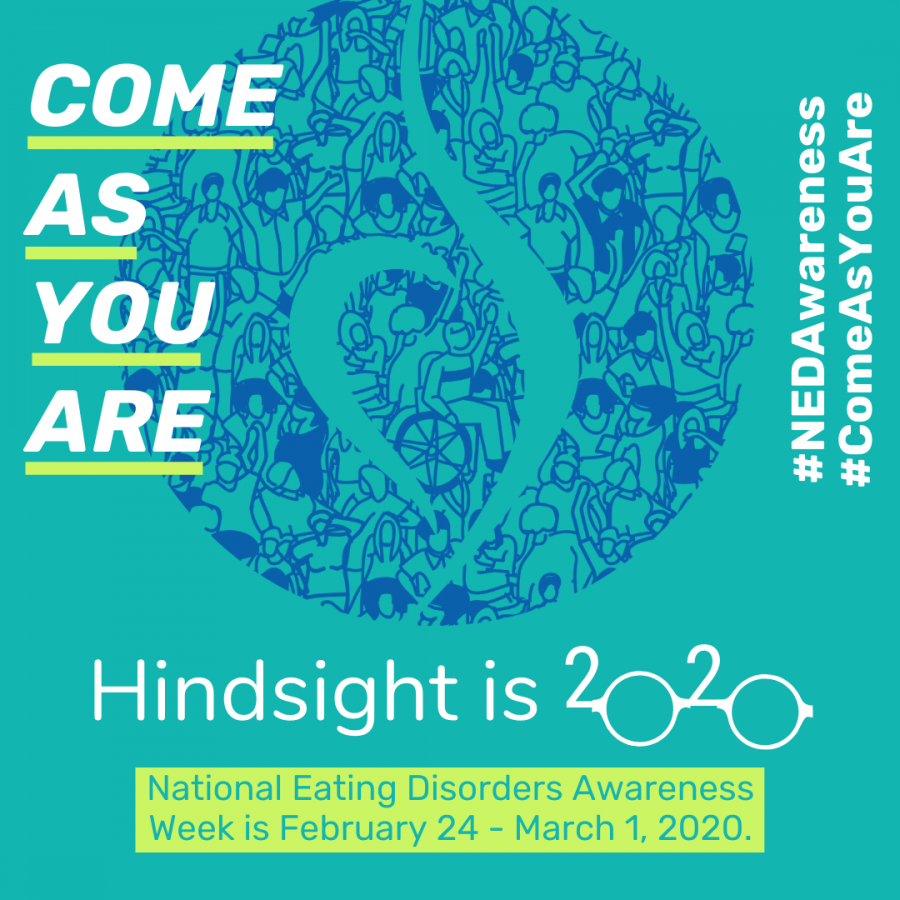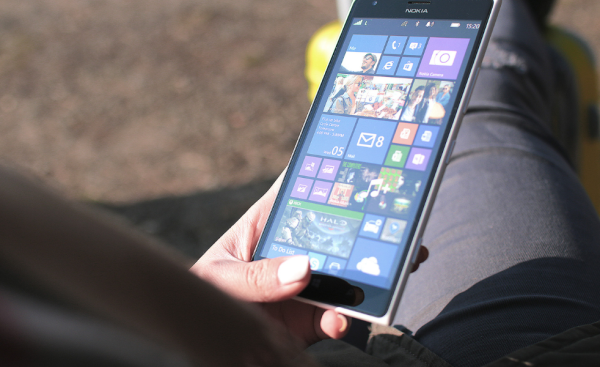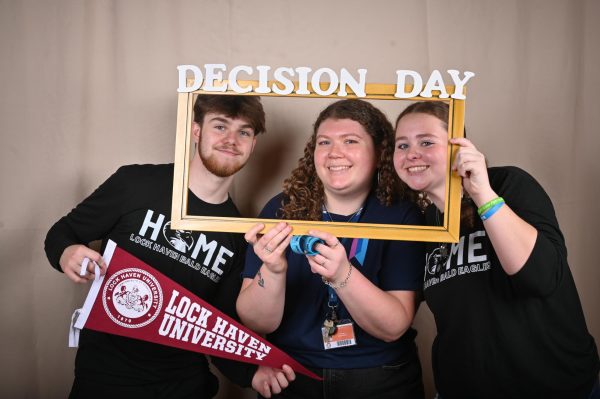This is National Eating Disorder Week
This week is National Eating Disorders Awareness Week.
According to the U.S. Department of Health and Human Services, three percent of teens ages 13-18 will develop an eating disorder. Females are at a higher risk than males.
I’ve noticed this within our school. Perfectly healthy and fit girls complain that they are overweight.
It’s important to remember that having that skinny waist isn’t as healthy as many people think. They complain that they are “too fat” or that they “have curves.” What’s wrong with that? Nothing. Absolutely nothing.
We are all unique in our own way. There is no one healthy body type.
However, some people go to extremes when they feel that they have to meet standards celebrated in the media.
I can understand when someone is legitimately unhealthy to the point of morbid obesity or to the point they have genuine health problems, but this is rarely the case. It’s hard to look at, and even worse to see your friends causing themselves harm.
Though symptoms vary by eating disorder, some common eating disorder symptoms include:
- Excessive worry about weight gain
- A severe or rigid diet
- The desire to eat alone due to embarrassment
- Using the bathroom frequently after meals
- Repeated unhealthy actions to lose or gain weight
- Obsession with physical appearance and how others perceive their body
- Feelings of guilt and shame around eating habits
- Experiencing abnormal stress or discomfort about eating habits
As a result, young people starve themselves, make themselves sick, or even take pills to cause themselves to lose weight. Unfortunately, this is very unhealthy and can lead to many problems.
If you know someone who shows signs of having an eating disorder, help them. I implore you.
Help them so they don’t hurt themselves. Recommend healthy dietary plans. Recommend seeing a counselor or a psychiatrist. Do something.
For immediate support, encourage them to call the National Eating Disorders Association’s Helpline at 1-800-931-2237. People who are uncomfortable speaking on the phone can text “NEDA” to 741741 to connect with a trained crisis counselor.
Don’t let them get hurt over the influence of media. Tell them they are great as they are, for most of the time, it’s true. Tell them to be the best they can be.
People are fragile as it is. Their mental states can change based on simple things most of the time. With enough guidance, the can be helped and be shown the harm they can cause. People die from starvation and making themselves sick or taking those drugs. Would you want them doing that? Would you do that? Think about that next time you learn of someone doing that, and help them.

Hi. I'm Cheyenne Leech. I'm a senior with a passion for writing, art, and making videos. I'm mostly going to do video game reviews this year, both for...














